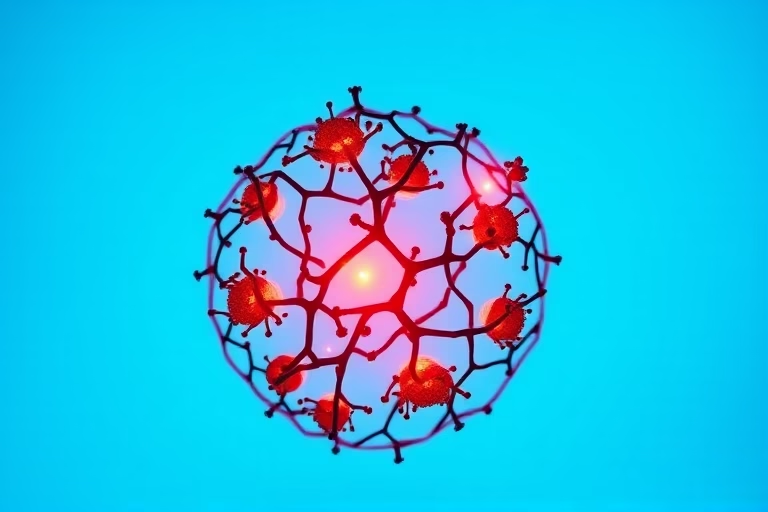Understanding Mini IVF
Mini IVF, or Mini In Vitro Fertilization, represents a less invasive approach to traditional IVF (In Vitro Fertilization). It focuses on using fewer medications and retrieving fewer eggs for fertilization, which can lead to lower costs and reduced side effects for the patient. The aim of Mini IVF is to create viable embryos with less stimulation and fewer medical interventions. This technique is particularly beneficial for individuals or couples who may not be candidates for traditional IVF due to health or financial reasons.
In Mini IVF, the egg retrieval process is typically less aggressive. The medications prescribed often include lower doses of fertility drugs, making the procedure more accessible and manageable for many. Patients who undergo Mini IVF may experience a shorter treatment cycle and quicker recovery times. This gentler approach aligns with the increasingly common desire for personalized fertility treatments that prioritize the patient’s overall well-being while still optimizing their chances for conception.
Benefits of Mini IVF
The distinct benefits of Mini IVF make it an attractive option for many considering assisted reproduction. Following are key points detailing the advantages:
For those caught in the emotional uncertainty of fertility problems, these benefits can create a more positive and viable journey toward conception.
Mini IVF Procedure and Steps
Understanding the Mini IVF procedure can clarify what to expect during the treatment. The process typically unfolds in several critical steps:
- Initial Consultation: This meeting is essential for evaluating the patient’s health history, discussing options, and determining suitability for Mini IVF.
- Monitoring and Ovarian Stimulation: Patients take lower doses of fertility medications to stimulate ovarian function while closely monitoring hormone levels and follies development.
- Egg Retrieval: Once mature, eggs are retrieved using a minimally invasive procedure, generally guided by ultrasound.
- Fertilization: In the laboratory setting, retrieved eggs are combined with sperm to create embryos.
- Embryo Transfer: The best embryos are selected for transfer to the uterus, aiming for implantation and a healthy pregnancy.
The entire process is designed to balance efficacy with the health and emotional well-being of the patient, emphasizing a holistic approach to fertility treatment.
Who Can Benefit from Mini IVF?
Mini IVF is suitable for a diverse group of individuals and couples. It can benefit:
This treatment can also be a good fit for those who have had previous unsuccessful IVF attempts or who are seeking to preserve their fertility options without facing extensive medical intervention.
Comparison with Traditional IVF
When comparing Mini IVF to traditional IVF, several differences stand out in methodology, patient impact, and results:
These distinctions make Mini IVF a compelling alternative for those considering fertility treatments, fostering a more personalized and less stressful experience.
Success Rates of Mini IVF
Success rates for Mini IVF can vary based on several factors, including age, underlying health conditions, and unique fertility struggles. Generally, while Mini IVF doesn’t promise the same success rates as traditional IVF, many patients have had positive outcomes. Clinical studies indicate that for women under 35, the chances can be quite promising. For older women, the success rates may depend on factors such as health and response to previous treatments.
It’s crucial for individuals considering Mini IVF to have realistic expectations. Consultation with healthcare professionals can provide insights into personal success probabilities based on individual circumstances. Tracking advancements and reviews of Mini IVF success stories can also offer encouragement and motivation for those navigating the IVF journey.
Potential Risks and Considerations
While Mini IVF presents various benefits, it is also essential to understand the potential risks and considerations involved:
Open discussions with healthcare providers regarding these risks can aid couples in being well-informed and better prepared for treatment.
Final Thoughts
Mini IVF offers an alternative approach to traditional IVF for individuals and couples facing fertility challenges. This method emphasizes a more natural process with minimal invasiveness, significantly less medication, and potentially reduced costs. As with any medical procedure, success rates can depend on various variables, including individual health and fertility issues. Understanding the step-by-step processes, potential for success, and associated risks presents a comprehensive view for those contemplating Mini IVF.
For anyone facing the emotional turmoils of infertility, Mini IVF shines as a beacon of hope. With its gentler nature and cost-effective measures, it may cultivate a more accessible route toward achieving parenthood. Consulting with specialists can further ensure patients receive personalized and informed care, maximizing their chances for a successful outcome.
Frequently Asked Questions
1. How does Mini IVF differ from traditional IVF?
Mini IVF uses lower doses of medications and focuses on retrieving fewer eggs, making the process less invasive and more cost-effective compared to traditional IVF.
2. What are the success rates for Mini IVF?
Success rates can vary based on age and individual health, but for women under 35, the outcomes can be promising, similar to traditional IVF in many cases.
3. Who is a good candidate for Mini IVF?
Candidates typically include women with decreased ovarian reserve, couples looking for a more affordable option, and individuals desiring less aggressive fertility treatments.
4. What are the risks associated with Mini IVF?
Risks may include lower egg quality, emotional stress, and the necessity for individualized assessment based on personal health factors.
5. Is Mini IVF covered by insurance?
Coverage varies by plan and provider; it is advisable to consult insurance representatives to determine funding possibilities for Mini IVF.
Further Reading
What Type of Psychotherapy Is Best for Anxiety?







